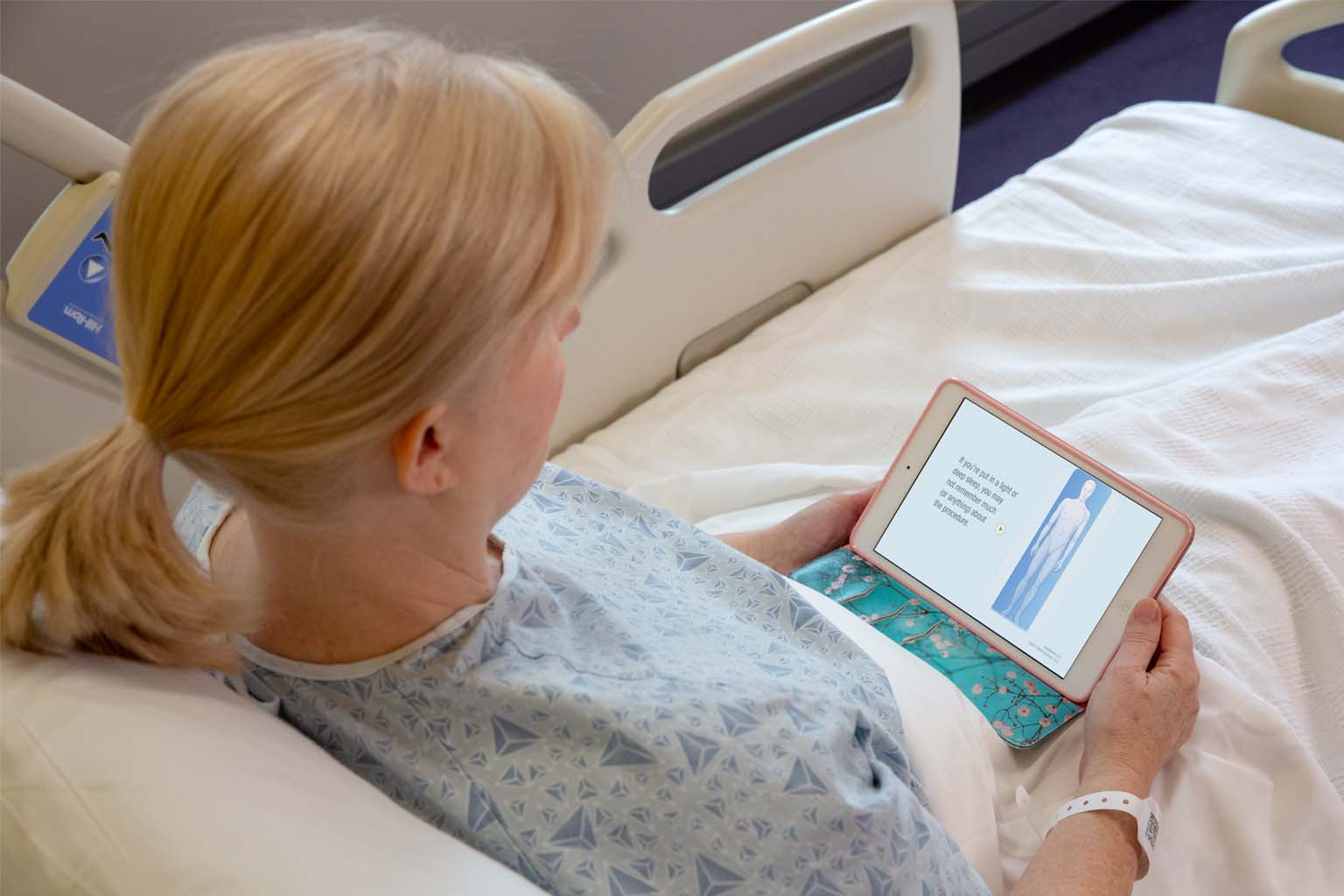A recent pilot shows patients who were armed with information before they underwent a procedure were 11% more knowledgeable about it, proving that educational tools can have a significant impact on results.
From misguided preparatory instructions to the fear of sedation, colonoscopies have been known to raise doubts and fears in unnerved patients across the globe thanks to poor clinical communication. In fact, recent findings published by the American Cancer Foundation cited inadequate communication by healthcare providers about the importance of screenings, along with procedural fear and/or embarrassment as chief factors facing colorectal screening underutilization.
In a move to alleviate those anxieties and optimize education around protocol before, during, and after the unpopular procedure, Dartmouth-Hitchcock Medical Center (DHMC) piloted patient engagement solutions that offered patients a Web-based alternative that presented clinical information in a simplified way.
With the assistance of an interactive, multimedia narrative that covered preparation details and key procedural points, Dartmouth researchers determined that patients who engaged with educationally-driven tools like the Web-based program were 11% more knowledgeable about the overall procedure, required 18% less sedation medication, and showed a 14% decrease in procedural times, according to a case study published by the Beryl Institute.




